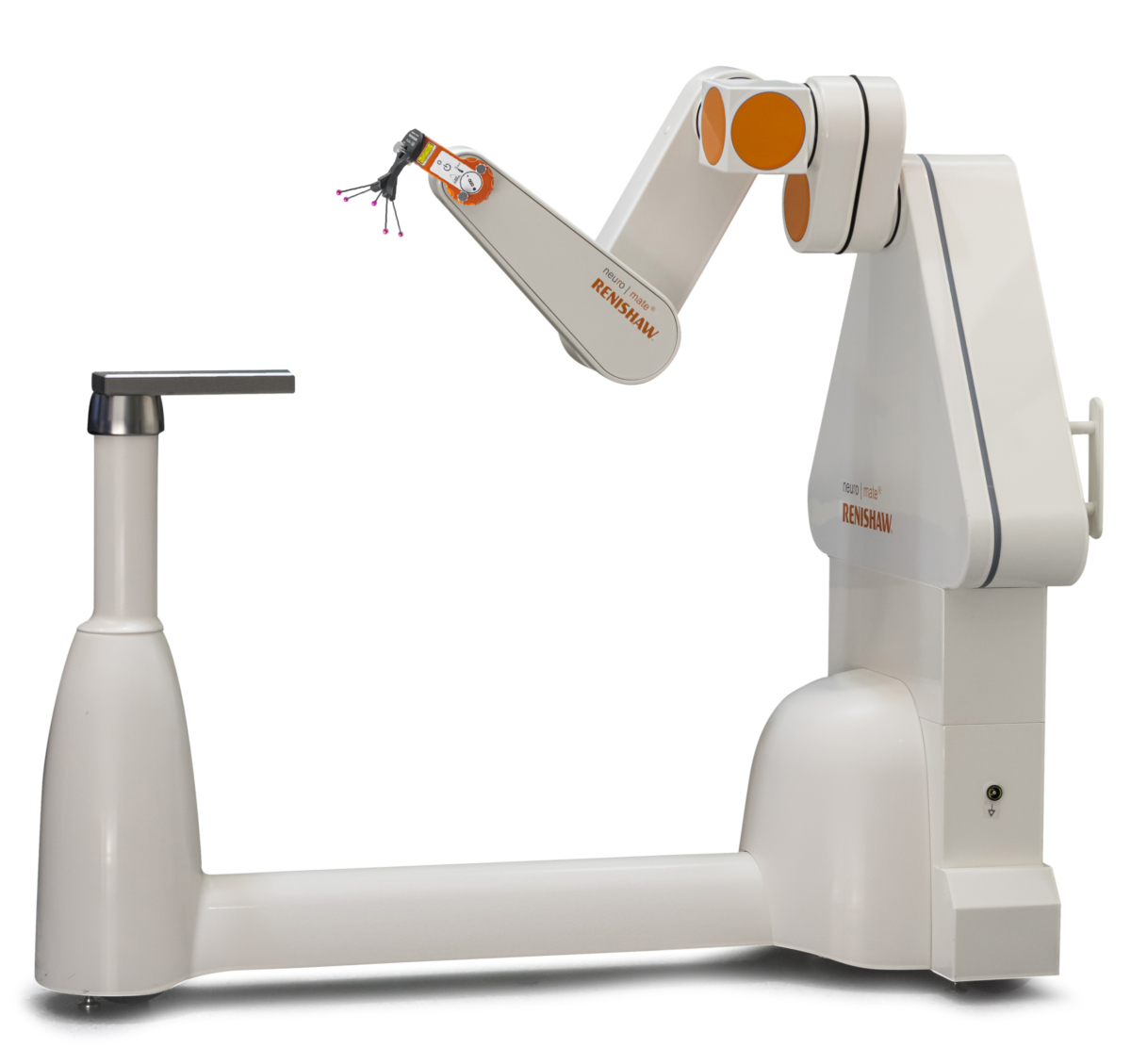Renishaw granted EU MDR approval for neuromate stereotactic robot
Renishaw, a global engineering company developing robotic neurosurgical solutions, says its ‘neuromate’ stereotactic robot, incorporating ‘neuroinspire’ surgical planning software, has received EU Medical Device Regulation (MDR) certification from its Notified Body, the British Standards Institution (BSI).
The neuromate stereotactic robot provides precision neurosurgery and serves as a platform solution for a broad range of functional neurosurgical procedures. It has been used in thousands of electrode implantation procedures for deep brain stimulation, and stereoelectroencephalography, as well as stereotactic applications in neuroendoscopy, biopsy, and many other research applications.
In a move that became one of the most significant shifts in European medical device regulations in over two decades, the MDR 2017/745 replaced the European Directives on Medical Devices (AIMDD 90/385/EEC and MDD 93/42/EEC) in May 2021. The goal was to create a more modernised, robust and long-term legislative framework for medical devices, as well as software that is used by those devices, with strict inspection by Notified Bodies to assure the highest levels of safety and health.
The introduction of the MDR 2017/745 means more stringent requirements, particularly in the area of clinical and post-market review data, are in place. As a result, many medical device companies within the EU have had to make significant time and financial investments to improve their current processes to capture and analyse this data.
“Achieving MDR certification is a significant achievement for Renishaw and is the result of months of hard work, dedication and due diligence within our team,” said Nina Sainte-Marie, Operations Manager at Renishaw.


